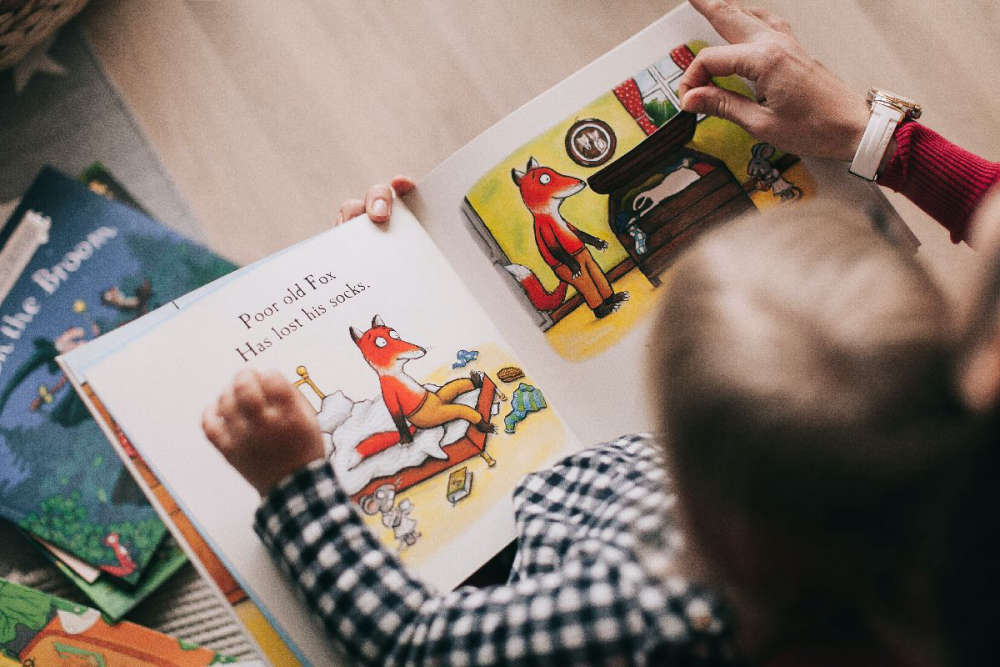
The Assistant Education and Children Minister, Louise Doublet, has completed the first phase of an early years review.
The review will help to inform the policy development around Jersey's early years education and childcare.
It has been found that early childhood education and childcare (ECEC) have positive effects on young children, transforming their lives.
Parents in the island are given 32 weeks of paid parental leave, one of the most competitive allowances out of any country.
The government may extend job-protected leave to 52 weeks in Jersey, allowing parents to decide when to return to work after their child turns eight months old.
There is also a case to extend paid parental leave for lower-income families on an equity basis.
Countries in the Organisation for Economic Co-operation and Development (OECD) that invest in their country's children's well-being have some of the best education and childcare systems in place.
Young children in these states have better outcomes, although this is not dependent on spending alone.
Many factors shape education and childcare systems, along with children's experiences, meaning there is no replicable 'recipe for success' that Jersey can follow.
There is the option to increase ECEC entitlements and financial support for families with children aged six months to two years.
Formal education benefits three and four-year-olds the most, meaning a decision to extend entitlement from 20 to 30 hours is well supported by research.
Jersey should aim to have every three and four-year-old in formal ECEC.
However, the structure of international systems can help inform Jersey's decisions and policy-making when accounting for contextual differences.
Children's outcomes can also be heavily influenced by their home environment.
The report has found that globally, those who come from disadvantaged families tend to go to a friend or family member for early childhood education and childcare.


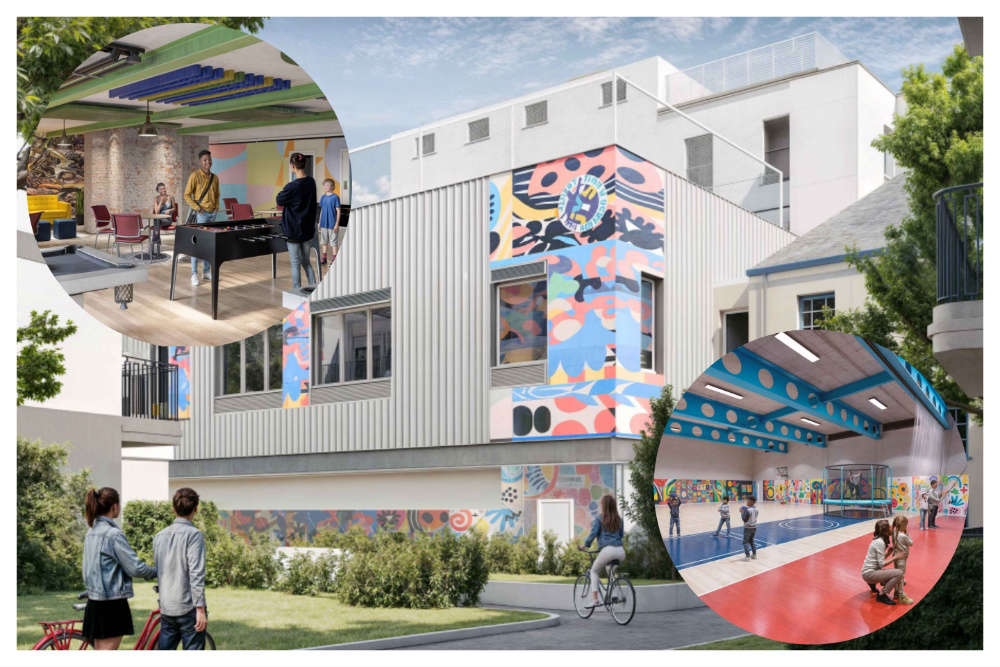 Rooftop pitch and climbing wall planned for new St Helier youth centre
Rooftop pitch and climbing wall planned for new St Helier youth centre
 Commissioner warns budget cuts threaten children's rights in Jersey
Commissioner warns budget cuts threaten children's rights in Jersey
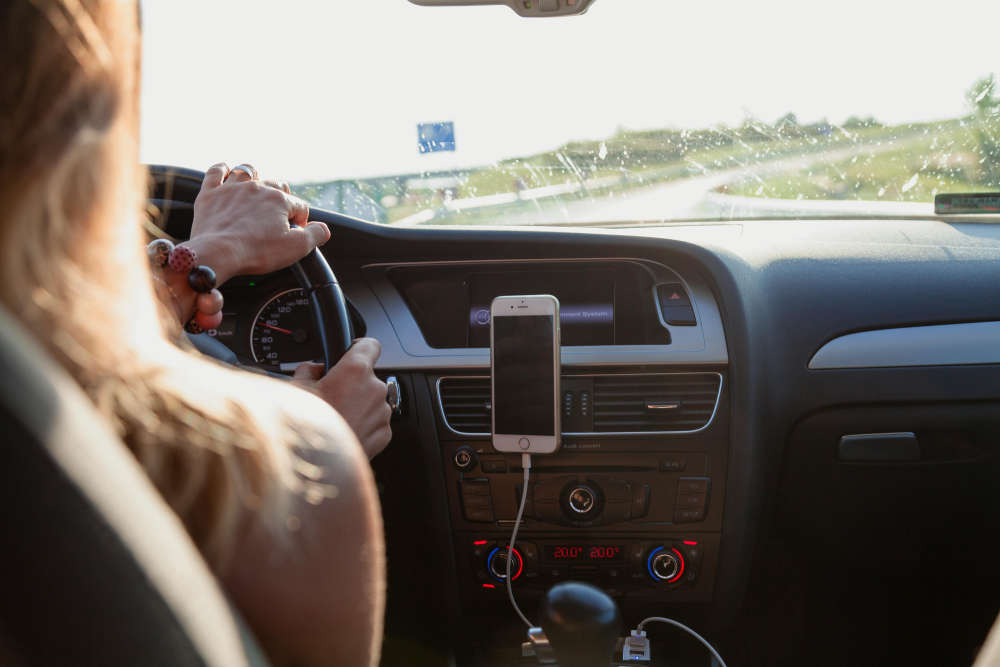 Road accident support charity available to Channel Islanders
Road accident support charity available to Channel Islanders
 'Safe and social' dementia support group can keep running
'Safe and social' dementia support group can keep running
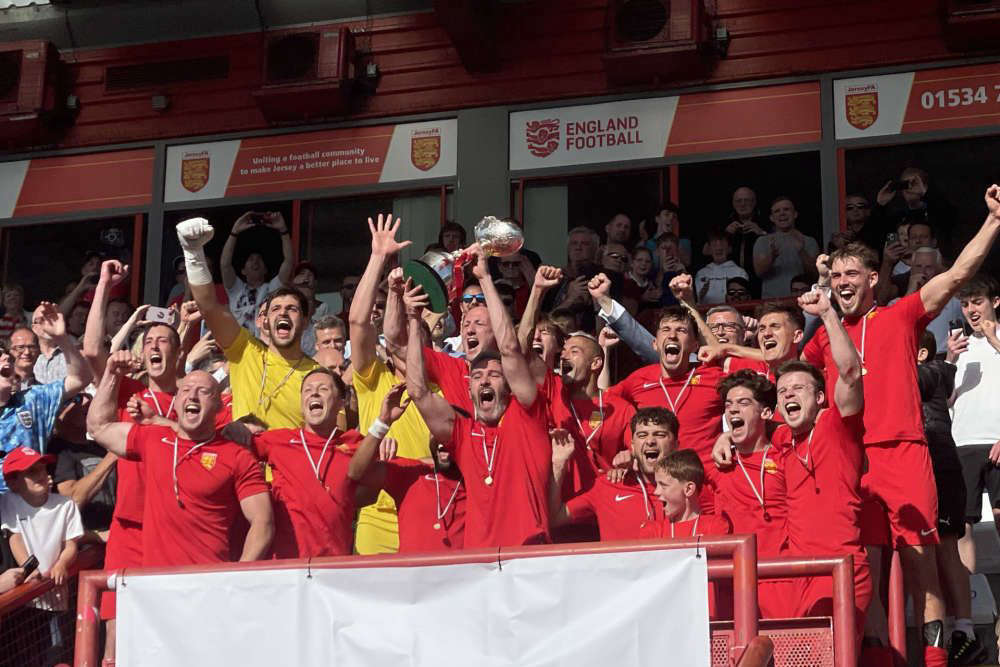 DFDS puts on Jersey-Guernsey sailing for football's Muratti
DFDS puts on Jersey-Guernsey sailing for football's Muratti
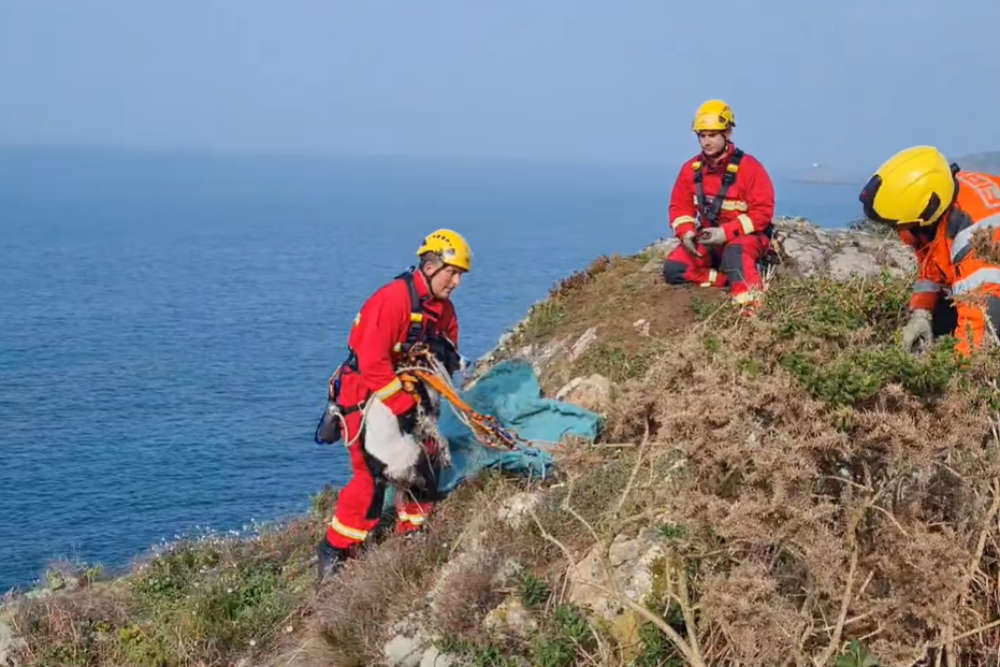 Family and dog rescued in two call-outs for Jersey's firefighters
Family and dog rescued in two call-outs for Jersey's firefighters
 The colour run returns for Family Nursing and Home Care
The colour run returns for Family Nursing and Home Care
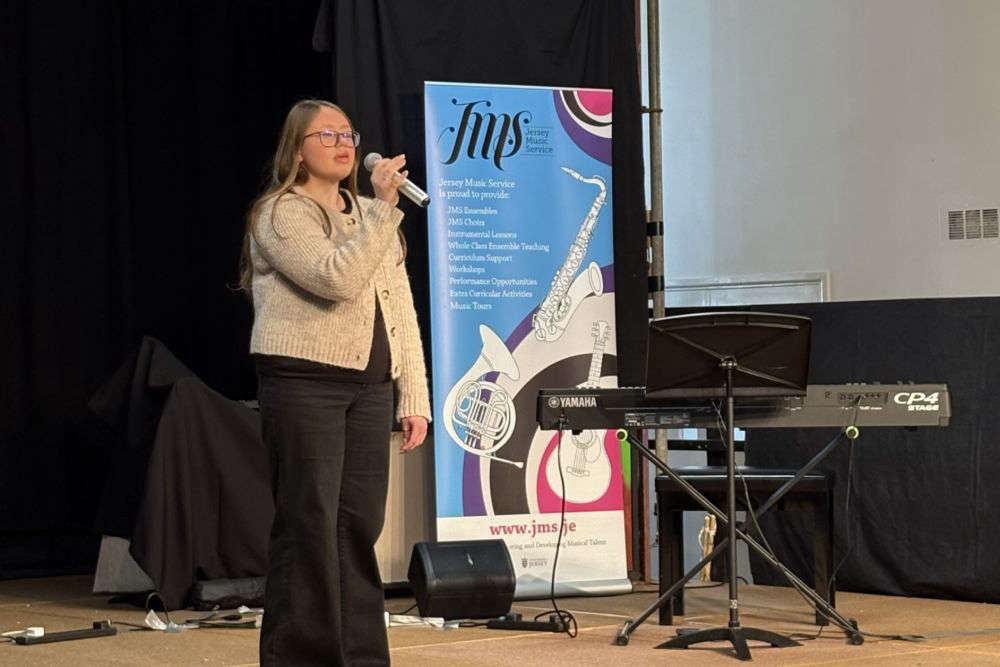 The first 'Jersey Contemporary Musician' will be crowned this weekend
The first 'Jersey Contemporary Musician' will be crowned this weekend

